WTO Rules Against Country-of-Origin Labeling on Meat in USA
The World Trade Organization (WTO) has ruled in favor of Canada and Mexico in an ongoing dispute with the United States over country-of-origin labeling (COOL) on meat.
The latest U.S. labeling rules, put into effect in 2013, require meat sold in grocery stores to indicate the country, or countries, where the animal was born, raised and slaughtered.
According to a WTO report released on Monday, the labeling rules unfairly discriminate against meat imports and give the advantage to domestic meat products. But the WTO compliance panel also found that the labels do provide U.S. consumers with information on the origin of their food, countering Canada and Mexico’s assertion that the labels do not serve their intended purpose.
Back in November 2013, Agriculture Secretary Tom Vilsack said that the WTO should have the final say on COOL, suggesting that the U.S. might give in to whatever the WTO compliance panel determined.
This is the second time the WTO has ruled against the U.S. in this dispute. After passing mandatory COOL rules in 2008, the U.S. amended COOL in 2012 following an earlier WTO ruling against them.
The Canadian cattle and hog industries say that COOL has cost them combined losses of more than $900 million USD. If the COOL rules persist, the Canadian government has threatened to place tariffs on U.S. meat imports, along with products such as wine, potatoes and orange juice.
The U.S. beef industry has strongly opposed COOL, while organizations representing consumers say that grocery shoppers deserve to know where their meat originates.
“COOL is a failed program that will soon cost not only the beef industry, but the entire U.S. economy, with no corresponding benefit to consumers or producers,” said Bob McCan, president of the National Cattlemen’s Beef Association, in a statement. “… We look forward to working with Congress to find a permanent solution to this issue, avoiding retaliation against not only beef, but a host of U.S. products.”
In a joint statement, the North American Meat Association and the American Meat Institute also lauded the WTO’s decision.
“USDA’s mandatory COOL rule is not only onerous and burdensome on livestock producers and meat packers and processors, it does not bring the U.S. into compliance with its WTO obligations,” the joint statement read. “By being out of compliance, the U.S. is subject to retaliation from Canada and Mexico that could cost the U.S. economy billions of dollars.”
The consumer group Food & Water Watch called the ruling a threat to consumers’ right to know.
“The WTO’s continued assault against commonsense food labels is just another example of how corporate-controlled trade policy undermines the basic protections that U.S. consumers deserve,” said Food & Water Watch Executive Director Wenonah Hauter in a statement. “The United States should appeal the ruling and continue to fight for sensible consumer safeguards at the supermarket.”
Congresswoman Rosa DeLauro (D-CT) also spoke out against the ruling and urged the Office of the U.S. Trade Representatives to appeal the ruling.
“Accurate information is essential in a competitive, free market and COOL provides consumers with essential information about the origin of their food,” DeLauro said in a statement. “If this ruling stands, U.S. ranchers will not be able to differentiate their products with a U.S. label and consumers will not have the information they need at the point of purchase.”
The Office of the U.S. Trade Representatives said that all options were being considered, including the possibility of appealing the ruling.
“A negotiated solution, not further litigation at the WTO, is the most realistic path to getting this issue resolved in the near term,” said a spokesperson for the office. “Allowing this case to wait for resolution in Geneva will only prolong the market uncertainty we’ve seen on all sides of this issue.”

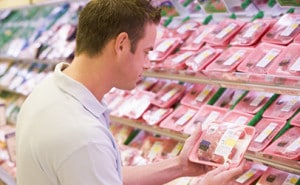
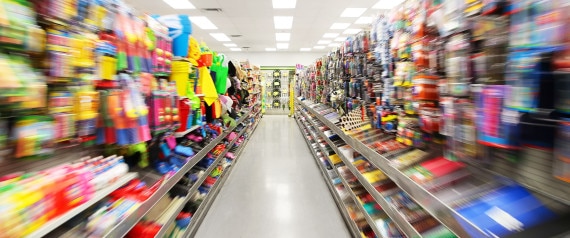


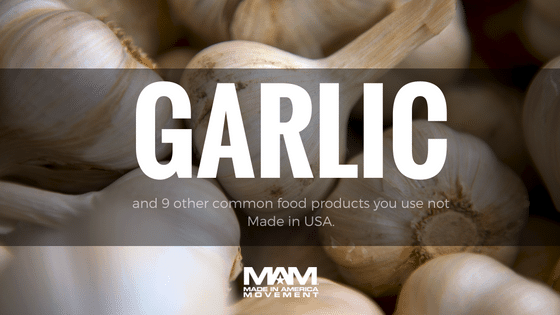
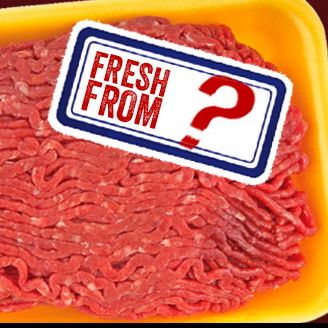

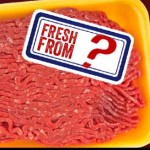

Leave a Reply
Want to join the discussion?Feel free to contribute!